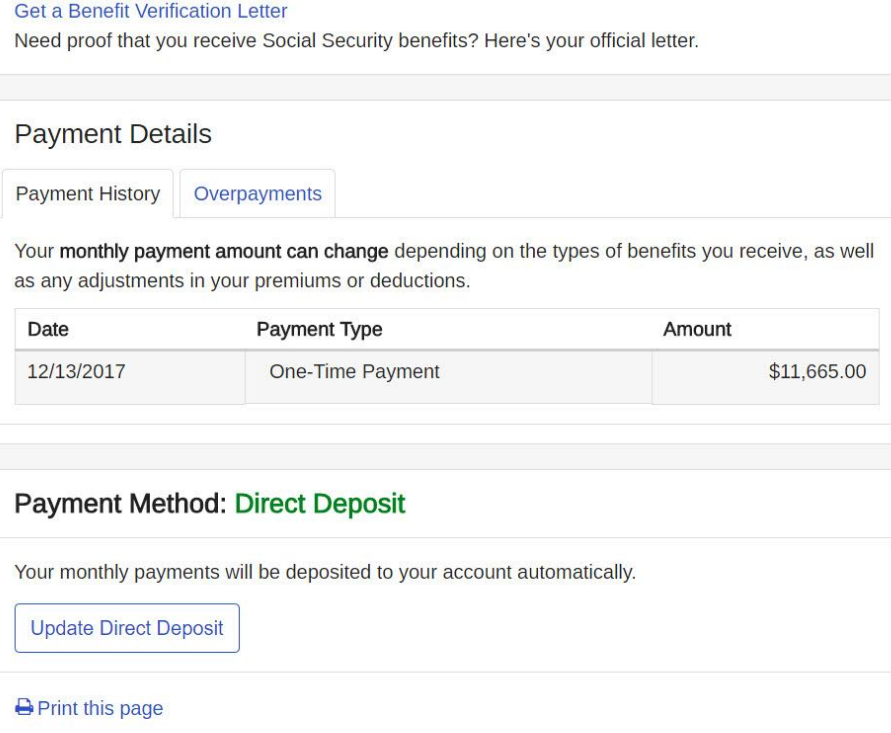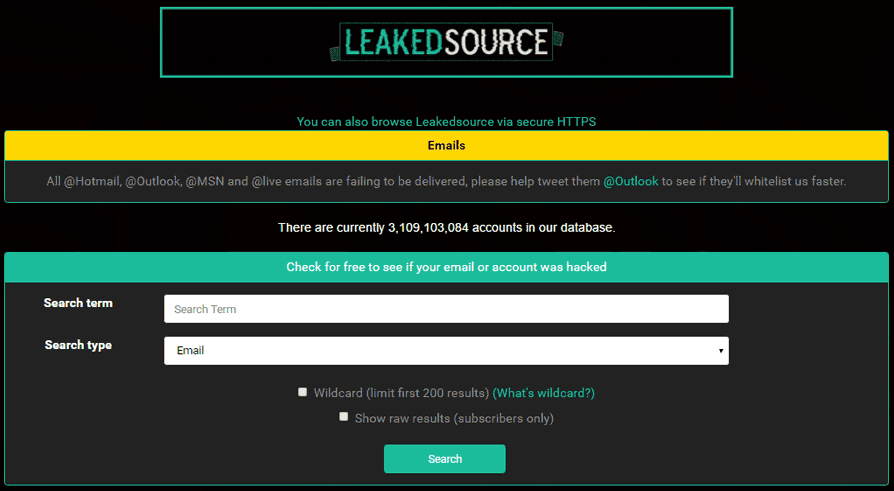ATM “jackpotting” — a sophisticated crime in which thieves install malicious software and/or hardware at ATMs that forces the machines to spit out huge volumes of cash on demand — has long been a threat for banks in Europe and Asia, yet these attacks somehow have eluded U.S. ATM operators. But all that changed this week after the U.S. Secret Service quietly began warning financial institutions that jackpotting attacks have now been spotted targeting cash machines here in the United States.
To carry out a jackpotting attack, thieves first must gain physical access to the cash machine. From there they can use malware or specialized electronics — often a combination of both — to control the operations of the ATM.

A keyboard attached to the ATM port. Image: FireEye
On Jan. 21, 2018, KrebsOnSecurity began hearing rumblings about jackpotting attacks, also known as “logical attacks,” hitting U.S. ATM operators. I quickly reached out to ATM giant NCR Corp. to see if they’d heard anything. NCR said at the time it had received unconfirmed reports, but nothing solid yet.
On Jan. 26, NCR sent an advisory to its customers saying it had received reports from the Secret Service and other sources about jackpotting attacks against ATMs in the United States.
“While at present these appear focused on non-NCR ATMs, logical attacks are an industry-wide issue,” the NCR alert reads. “This represents the first confirmed cases of losses due to logical attacks in the US. This should be treated as a call to action to take appropriate steps to protect their ATMs against these forms of attack and mitigate any consequences.”
The NCR memo does not mention the type of jackpotting malware used against U.S. ATMs. But a source close to the matter said the Secret Service is warning that organized criminal gangs have been attacking stand-alone ATMs in the United States using “Ploutus.D,” an advanced strain of jackpotting malware first spotted in 2013.
According to that source — who asked to remain anonymous because he was not authorized to speak on the record — the Secret Service has received credible information that crooks are activating so-called “cash out crews” to attack front-loading ATMs manufactured by ATM vendor Diebold Nixdorf.
The source said the Secret Service is warning that thieves appear to be targeting Opteva 500 and 700 series Dielbold ATMs using the Ploutus.D malware in a series of coordinated attacks over the past 10 days, and that there is evidence that further attacks are being planned across the country.
“The targeted stand-alone ATMs are routinely located in pharmacies, big box retailers, and drive-thru ATMs,” reads a confidential Secret Service alert sent to multiple financial institutions and obtained by KrebsOnSecurity. “During previous attacks, fraudsters dressed as ATM technicians and attached a laptop computer with a mirror image of the ATMs operating system along with a mobile device to the targeted ATM.”
Reached for comment, Diebold shared an alert it sent to customers Friday warning of potential jackpotting attacks in the United States. Diebold’s alert confirms the attacks so far appear to be targeting front-loaded Opteva cash machines.
“As in Mexico last year, the attack mode involves a series of different steps to overcome security mechanism and the authorization process for setting the communication with the [cash] dispenser,” the Diebold security alert reads. A copy of the entire Diebold alert, complete with advice on how to mitigate these attacks, is available here (PDF). Continue reading





 Countless organizations rely on a hodgepodge of security software, hardware and services to find and detect cybersecurity intrusions before an incursion by malicious software or hackers has the chance to metastasize into a full-blown data breach.
Countless organizations rely on a hodgepodge of security software, hardware and services to find and detect cybersecurity intrusions before an incursion by malicious software or hackers has the chance to metastasize into a full-blown data breach.




 Last week’s story,
Last week’s story, 


